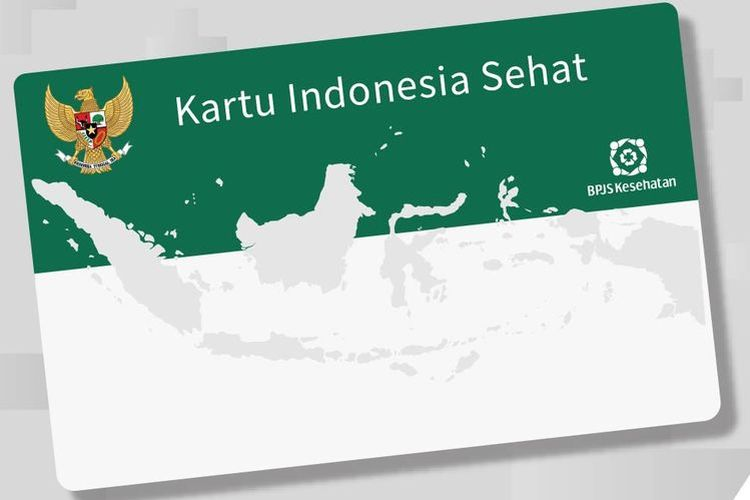UNAIR NEWS – Minister of Health Budi Gunadi Sadikin’s statement about BPJS Kesehatan on the rich during DPR RI Commission IX work meeting was in the public spotlight some time ago. In his clarification, Budi said that BPJS Kesehatan services are the rights of all elements of society, whether rich or poor.
The DPR’s Commission IX member Rahmad Handoyo from the PDI-P faction responded to this statement, said that BPJS Kesehatan is intended for all citizens, without exception. According to him, the root of the BPJS Kesehatan problem is not about being rich or poor, but that many rich people are registered as Contribution Assistance Recipient (PBI) system which means the assistance is aimed at the wrong target.
Responding to this, Public Policy expert at Universitas Airlangga (UNAIR) Dr Antun Mardiyanta Drs MA said that the data proves that BPJS Kesehatan has been bearing the burden of treatment for wealthy people and even conglomerates. Thus, the government needs to evaluate and refine policies on these issues.
“However, it must be remembered that from the start, BPJS Kesehatan was intended for all citizens without exception. Therefore, all residents are required to become BPJS Kesehatan participants according to their respective conditions and status,” he said.
Economic capacity data update
Addressing the issue of Contribution Assistance Recipients (PBI), Antun suggested that the government should have data related to the economic capacity of all Indonesian citizens and their status categories relevant to PBI.
“Dynamic data by name by address. It means that it is always updated every year. PBI beneficiaries must be decided based on correct, valid, and updated data from time to time. Of course, this data is not only useful for PBI BPJS Kesehatan, but also very useful for various other government policies, such as social assistance, affirmation policies, and so on. This is a problem that always recurs and has not been handled seriously,” explained Antun.
Public Policy Expert of Universitas Airlangga (UNAIR) Dr Antun Mardiyanta Drs MA. (Photo: By courtesy)
Furthermore, the Faculty of Social and Political Sciences (FISIP) lecturer said, if the government intends to seriously solve this problem, then PBI data must be prepared immediately and remain on target.
In addition, the government also needs to design appropriate policies using innovative, evidence-based public policy instruments.
“The values of gotong royong (communal work) and fairness must be reflected in every government policy. The debate on alternative data-based policy designs needs to be given space so that the public believes that the policies chosen are accountable,” he said. (*)
Author: Rafli Noer Khairam
Editor: Binti Q. Masruroh









